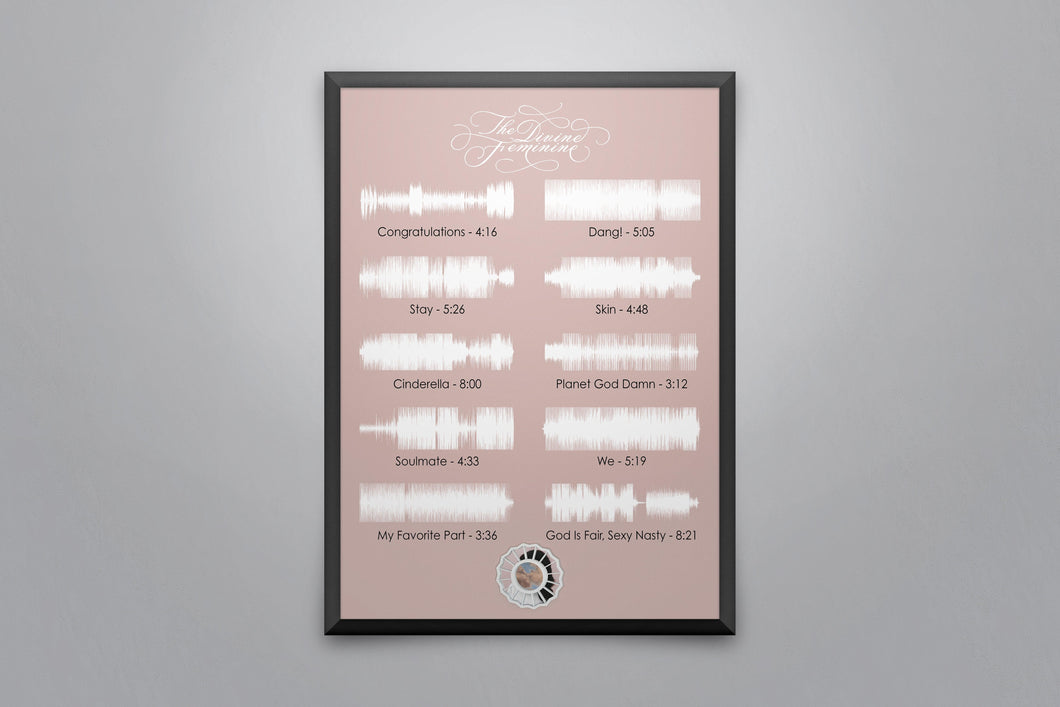

The Masoretic Text, in Hebrew and Aramaic, is considered the authoritative text by Rabbinic Judaism, but there is also the Septuagint, a Koine Greek translation from the third and second centuries BCE, which largely overlaps with the Hebrew Bible.Ĭhristianity began as an outgrowth of Judaism, using the Septuagint as the basis of the Old Testament. Some scholars argue that it was fixed by the Hasmonean dynasty (140–40 BCE), while others argue it was not fixed until the second century CE or even later. There is no scholarly consensus as to when the Jewish Hebrew Bible canon was settled in its present form. The Torah is also known as the Pentateuch. Tanakh is an alternate term for the Hebrew Bible composed of the first letters of the three parts of the Hebrew scriptures, the Torah ("Teaching"), the Nevi'im ("Prophets") and the Ketuvim ("Writings"). The Dead Sea scrolls are dated, approximately, from 250 BCE to 100 CE, and they are the oldest existing copies of the books of the Hebrew Bible of any length.

The origins of the oldest writings of the Israelites are lost in antiquity. Believers generally consider the Bible to be a product of divine inspiration while understanding what that means in different ways. The collection of materials that are accepted as part of the Bible by a particular religious tradition or community is called a biblical canon. These texts include theologically-focused narratives, hymns, prayers, proverbs, parables, didactic letters, commandments, poetry, and prophecies. It appears in the form of an anthology, a compilation of texts of a variety of forms, originally written in Hebrew, Aramaic, and Koine Greek. The Bible (from Koine Greek τὰ βιβλία, tà biblía, 'the books') is a collection of religious texts or scriptures sacred in Christianity, Judaism, Samaritanism, and many other faiths.


 0 kommentar(er)
0 kommentar(er)
